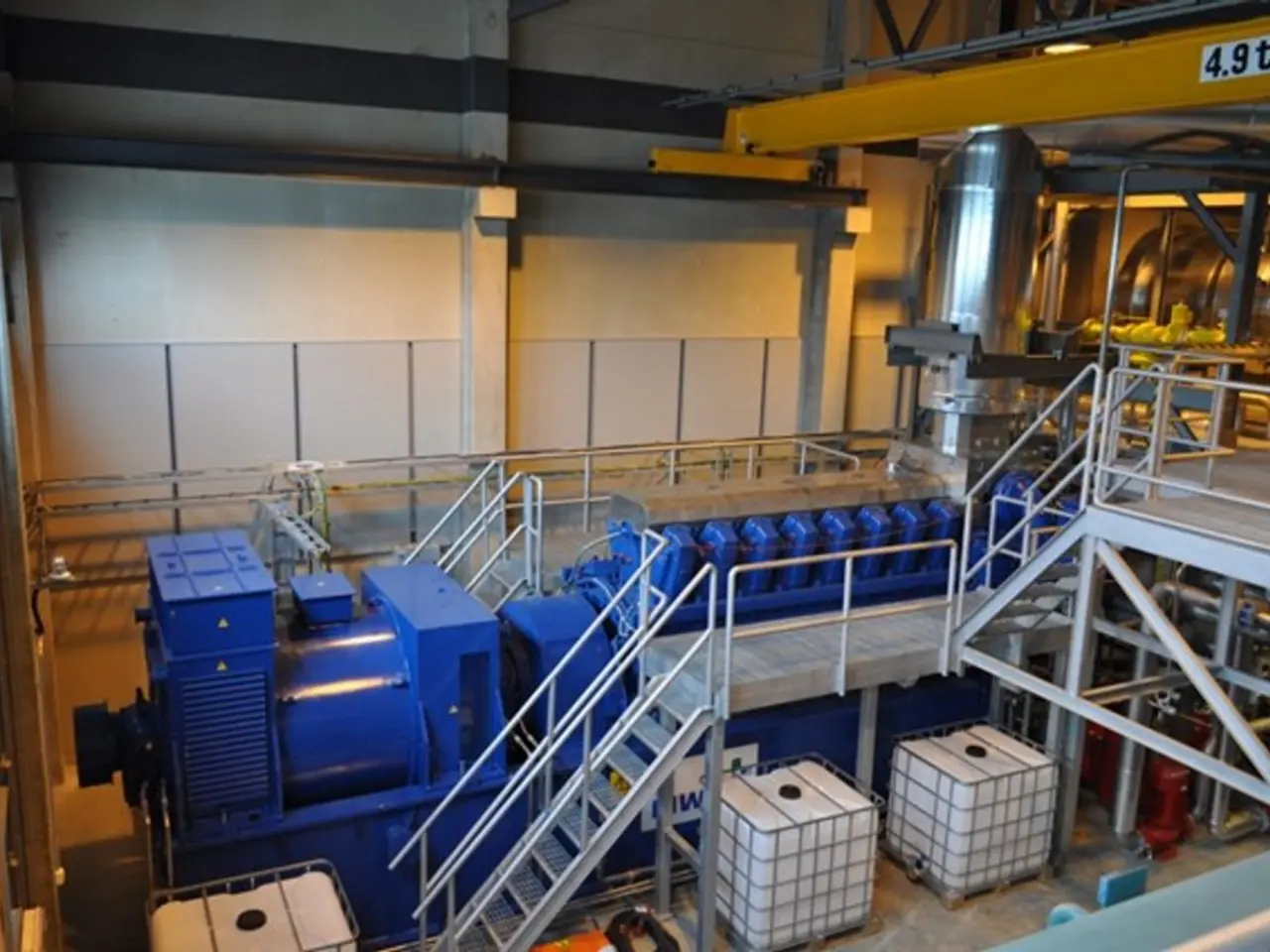Tariff History: A Comprehensive Overview for Business Executives
In the realm of international trade, tariffs have played a significant role throughout history. These government fees charged on imports from certain countries have been instrumental in shaping economies and industries, particularly in the United States.
Historically, high tariffs were a common occurrence, with rates reaching up to 20% to 60%. The main factors leading to these high tariffs included the need to protect nascent domestic industries, revenue generation before the creation of the income tax, and political pressures from industrial and regional interests [1][5]. For instance, during the 19th century, Northern industrialists sought to shield their growing manufacturing sectors from foreign competition, while Southern agricultural interests generally opposed high tariffs [1].
However, the landscape changed significantly after World War II. The need for affordable raw materials and manufactured goods led to a decline in tariffs, with the U.S. maintaining average tariff rates on imports of 10% or less from 1947 onward [5]. This decline was primarily driven by international cooperation aimed at liberalizing trade to prevent the economic nationalism and protectionism that contributed to the Great Depression and World War II [3][5].
Key in this process was the creation of the General Agreement on Tariffs and Trade (GATT) in 1947, which established a framework for multilateral negotiations to progressively reduce tariffs among participant nations [3][5]. Through several negotiation rounds under GATT, average tariffs on industrial goods worldwide fell dramatically from around 40% in 1947 to less than 5% by the early 1990s [3].
In the modern business world, businesses worldwide should prepare for potential increased government fees on internationally sourced goods and services due to rising tariffs in various countries. Sourcing as many materials and supplies from domestic sources as possible can help future-proof supply chains from changes in tariffs. However, many U.S.-based businesses have built supply chains that include imported parts, materials, or equipment, and some importers pay U.S. labor for product completion, packaging, and distribution [5].
To minimize the impact of potential tariffs, it is crucial to ask suppliers about their supply chain. Questions to consider include: Are all parts and labor based domestically? Do they have a plan for rising tariffs? How do they expect their prices to change if new tariffs are levied against the countries they source from?
Moreover, it's essential to be mindful of the number of times parts are shipped in and out of neighboring countries during the manufacturing process. This can multiply the effects of tariffs [2]. In some industries, this practice is common, and it may be beneficial to look for manufacturers that ship parts into the country as few times as possible.
While tariffs have been a contentious issue throughout history, their impact on the economy is a topic of ongoing debate among economists. Some believe that high early tariffs helped fuel the U.S. industrial revolution, while others argue that they may have contributed to the worsening of the Great Depression [4].
In the present day, businesses like Novae, led by CEO Reco McCambry, are working to provide greater access to credit, capital, and entrepreneurship for underserved communities [6]. As the global trade landscape continues to evolve, it's crucial for businesses to stay informed and adapt to changing tariff policies to maintain profitability and competitiveness.
It's important to note that the information provided is not investment, tax, or financial advice. Consult a licensed professional for advice concerning your specific situation.
References:
- Tariff History
- Tariffs and Your Business
- The Evolution of the GATT
- Tariffs and the Economy
- U.S. Tariff History
- Novae
- Reco McCambry, the CEO of Novae, is actively working to provide financial solutions for underserved communities, which could prove crucial for businesses seeking to mitigate the potential financial impact of increased tariffs on internationally sourced goods and services.
- Given the importance of understanding the tariff landscape in investing and business, CEO Reco McCambry's work at Novae, focusing on finance and entrepreneurship, could be beneficial for businesses looking to adapt and stay competitive in the evolving global trade environment.




